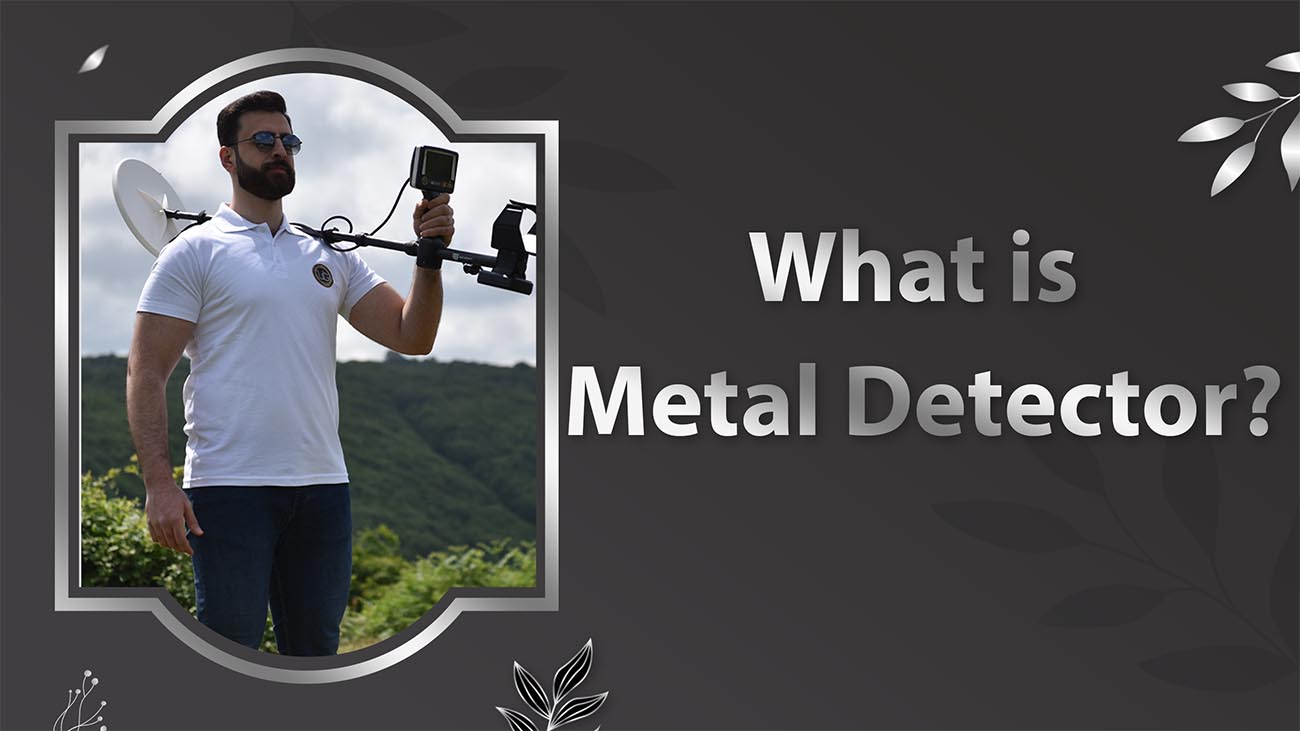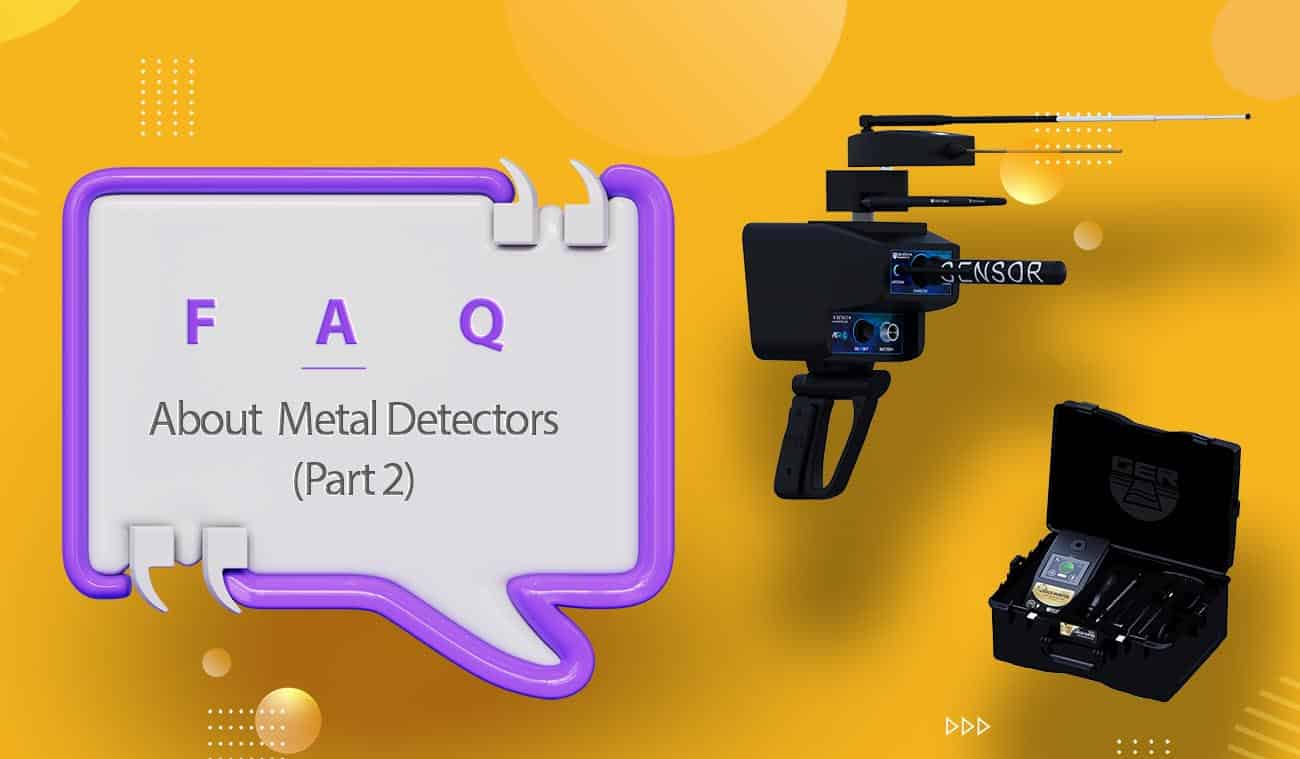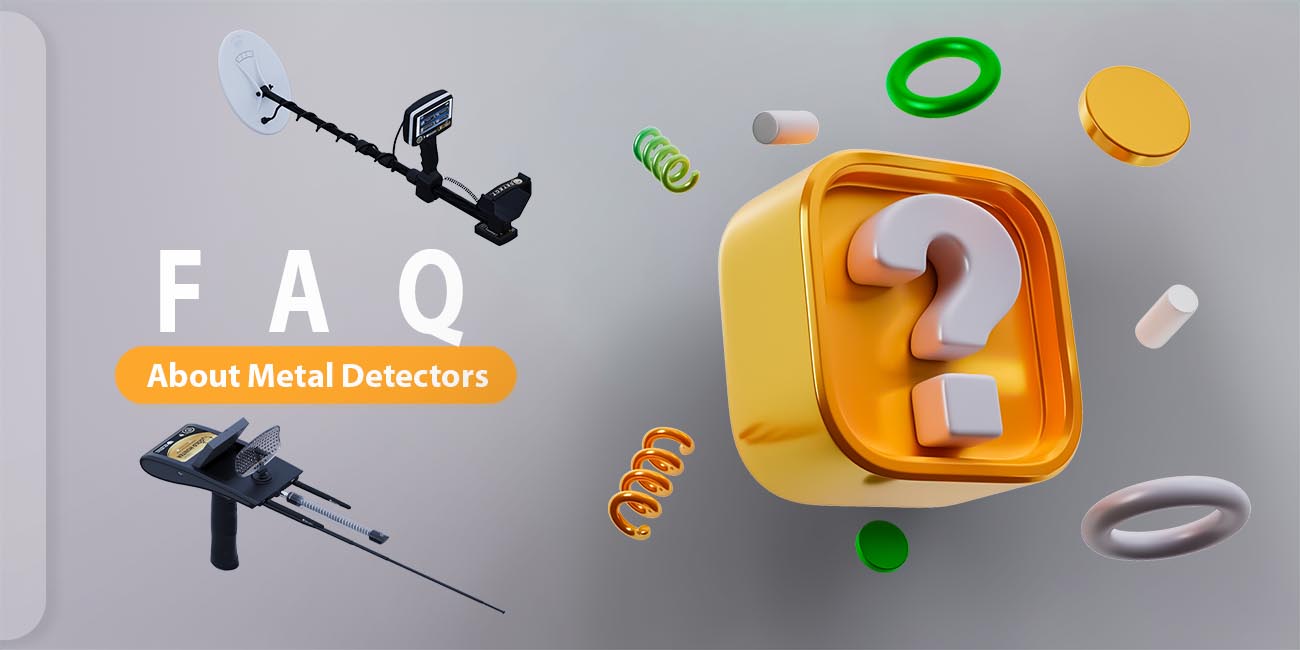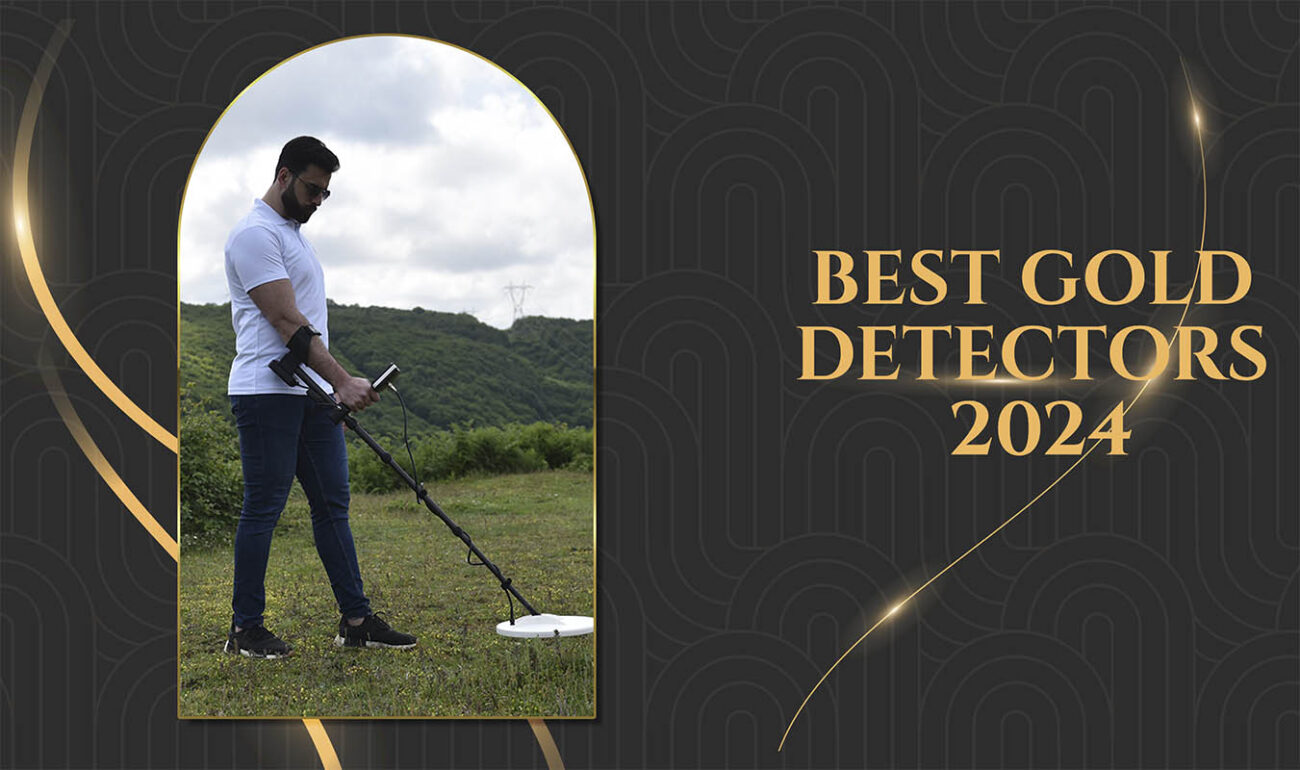Blogs
What is Metal Detector 2025

Table of Contents
Top Metal Detectors for 2024
Metal detecting is a captivating hobby that blends the romance of history with the power of modern technology. As we move through 2024, advancements in this field have led to a remarkable evolution in metal detector capabilities. This guide delves into the best metal detectors currently on the market, catering to a wide range of enthusiasts, from those just starting their relic-hunting adventures to seasoned treasure seekers. Prepare to embark on a journey of discovery and unearth the top choices for metal detectors in 2024!
What is a Metal Detectors 2024?
Before we delve into the best metal detectors of 2024, let’s get down to basics. A metal detector is a technological marvel designed to sniff out the presence of metal nearby. Its uses extend far beyond just treasure hunting! These devices can locate metal objects buried underground, resting on the surface, or even submerged underwater.
A typical metal detector consists of three key parts:
- Control Box: The brain of the operation, housing the electronics that analyze incoming signals.
- Adjustable Shaft: This allows you to comfortably sweep the search coil across the ground.
- Search Coil: This loop-shaped component transmits an electromagnetic field. When the coil encounters metal, it disrupts this field, triggering a response in the control box.
That response can come in the form of a distinct tone, a flickering light, or a movement on a meter. The stronger the signal, typically, the closer you are to the hidden metal treasure! Metal detectors have become ubiquitous in various security applications as well. Those familiar walk-through metal detectors you encounter at airports and courthouses utilize the same basic principles to detect concealed metal objects on people’s bodies.
What is Metal Detector 2024
How Metal Detectors Work
Imagine you’re on a treasure hunt, metal detector in hand, ready to unearth hidden riches. But how exactly does this nifty device pinpoint all that buried loot? Buckle up because we’re about to unravel the magic (or science, rather) behind metal detectors!
Setting the Stage: The Power of Electromagnetism
At the heart of every metal detector lies a fascinating principle: electromagnetism. A coil within the detector’s search head transmits an alternating electromagnetic field. This field isn’t visible, but it pulsates outwards, reaching into the ground.
When Metal Meets Magnetism: The Eddy Current Effect
Now, here’s where things get interesting. When this electromagnetic field encounters any hidden metal object, something special happens. The metal object gets energized by the field, and within it, tiny electrical currents called eddy currents are induced. These eddy currents, in turn, generate their own electromagnetic field.
The Signal Returns: Detection and Identification
This is where the detector comes alive. The search head also houses a receiver coil. This coil is adept at picking up on the electromagnetic field generated by the eddy currents in the metal object. Here’s the key: the detector’s electronics analyze this received signal. By understanding the strength and characteristics of the signal, the detector can not only determine the presence of metal but also provide clues about its size, depth, and even the type of metal!
Bonus Fun Fact: Modern metal detectors are quite sophisticated. They can often discriminate between different types of metals, allowing you to, for example, focus on precious metals and ignore unwanted items like nails or foil.

So, the next time you see someone wielding a metal detector, remember the invisible dance of electromagnetism happening beneath the surface. It’s all about transmitting, receiving, and interpreting those electromagnetic signals to unearth the hidden secrets buried beneath our feet!
Types of Metal Detectors for Sale
Not all metal detectors are created equal! Just like choosing the right tool for the job, selecting the ideal detector depends on your specific treasure-hunting goals. Here’s a breakdown of the three main types of metal detectors conquering the market in 2024:
- Very Low Frequency (VLF): The All-Around All-Star: If you’re a beginner or enjoy hunting for a variety of metals, a VLF detector might be your best bet. These popular machines are known for their versatility and ability to differentiate between different types of metals. Think of them as metal identification experts, helping you sort the treasure from the trash (or rather, the bottle caps!).
- Pulse Induction (PI): The Deep Digger: Do you dream of unearthing those elusive buried secrets hidden deep underground? Then a PI detector might be your perfect partner. These champions excel at penetrating highly mineralized soils, like beaches or heavily salted grounds, where other detectors might struggle. So, if you’re drawn to the allure of historical relics or bigger treasures, a PI detector could be your key to unlocking the mysteries beneath the surface.
- Multi-Frequency (MF): The Master of Many Terrains: For the seasoned treasure hunter who tackles diverse landscapes, a multi-frequency detector offers the ultimate in adaptability. These versatile machines, as the name suggests, can operate on multiple frequencies, allowing them to adjust to various ground conditions. Whether you’re searching on land or wading through water, a multi-frequency detector can optimize your hunt for maximum success.

What to consider when buying a Metal Detector
Unleashing your inner Indiana Jones requires the right gear, and choosing a metal detector is no exception! To ensure your treasure-hunting adventures are a success, here are the must-consider features for 2024 detectors:
- X-Ray Vision: Sensitivity and Depth determine how small and deep objects your detector can find. For challenging terrains or buried bounty, prioritize these!
- Treasure Magnet: Discrimination lets your detector differentiate between metals, helping you ignore junk and focus on valuable finds.
- Comfort is Key: A lightweight, ergonomic design ensures you can explore for hours without feeling weighed down.
- Dive Deep (Optional): For underwater adventures, a waterproof detector is crucial.
Remember, the perfect detector is like a treasure-hunting partner – comfortable, effective, and ready to unearth hidden riches!
Guide to Buying Metal Detectors
Finding the right metal detector is like choosing the ideal treasure map – it should guide you effortlessly towards buried riches. But with all the technical jargon thrown around, navigating the market can feel overwhelming. Don’t worry, we’ve got you covered! Here’s a breakdown of the key features you need to consider before diving into the world of metal detectors in 2024:
1. Unveiling the Secrets: Sensitivity and Depth
Imagine your metal detector as a tiny treasure hunter with x-ray vision. Well, the sensitivity feature determines how sharp that vision is. A higher sensitivity allows the detector to pick up on smaller objects hiding underground. Depth, on the other hand, reflects how deep the detector’s vision can penetrate. So, if you’re drawn to those deeply buried historical relics, you’ll want a detector with serious depth capabilities. Remember, for tough terrains or the potential for buried bounty, prioritizing higher sensitivity and depth is key!
2. Picky Eater or Treasure Magnet? Discrimination Features
Not all that glitters is gold (or silver, or whatever treasure you seek!). Discrimination features are like built-in treasure filters, allowing your detector to differentiate between different types of metals. This is especially helpful for weeding out unwanted junk like bottle caps or rusty nails, letting you focus on the truly valuable finds. Imagine searching a beach – a discrimination feature can help you ditch the pesky bottle caps and home in on potential hidden jewelry!
3. Comfort is King: Design and Weight
Picture this: you’re on a thrilling treasure hunt, but your metal detector feels like a ton of bricks after just a few hours. Not exactly the recipe for an enjoyable adventure! Luckily, many detectors boast lightweight and ergonomic designs these days. Prioritizing a comfortable and easy-to-mane detector will ensure you can explore for extended periods without feeling weighed down.
4. Dive Deeper: Waterproof Capabilities
The allure of underwater treasure hunts is undeniable! But if that’s your game, a standard metal detector won’t cut it. You’ll need a waterproof model built to withstand the watery depths. With a waterproof detector, you can explore hidden coves, shipwrecks, or even freshwater lakes, adding a whole new dimension to your treasure-hunting adventures!
By keeping these key features in mind, you’ll be well-equipped to choose the perfect metal detector for your specific needs and budget. Remember, the ideal detector is like a trusty companion on your treasure-hunting journey – comfortable, effective, and ready to help you unearth hidden riches!
Here is a video expalining more about What is Metal Detector 2024
UIG detectors is here to assist you in finding your next Gold treasure and choosing the fit gold detector for you.
Register today to receive a free consultation, and our specialist will help you find your next gold detector.

Some related links
- Gold Detectors in India 2025
- Gold Detectors in a Europe 2025
- Gold Detectors in United kingdom 2025
- Metal detectors in Canada
- Buyers guide for metal detectors on beach
FAQ
Can Metal detector detect gold?
Yes, metal detectors can detect gold, but with some conditions:
Type of detector: Some detectors are better suited for gold prospecting than others. Pulse Induction (PI) detectors are popular for gold due to their depth penetration.
Size and concentration: Small, scattered gold pieces might be missed. Larger nuggets or concentrated gold are easier to pick up.
Ground conditions: Mineralization in the ground can interfere with the signal.
Can Metal detector detect Aluminum?
Yes, metal detectors can detect aluminum, but there are some ideas to consider:
Detector type: Not all detectors are created equal. Some are designed to prioritize ferrous metals (like iron) and might miss aluminum unless it’s a larger piece.
Discrimination settings: Many detectors allow you to adjust discrimination settings to filter out unwanted signals, like common aluminum trash. This can be helpful to focus on other metals.
Size and depth: Smaller aluminum objects or those deeper underground might be trickier to detect.
Overall, a good quality metal detector should be able to pick up aluminum.
Can a metal detector find diamonds?
No, metal detectors can’t find diamonds directly. Diamonds are gemstones, and metal detectors focus on metallic objects. However, you can use a metal detector for diamond hunting indirectly:
Indicator Minerals: Metal detectors can help locate minerals often found near diamonds, like garnet or kimberlite. These minerals act as clues, leading you to potential diamond sources like volcanic pipes.
Prospecting Partner: Metal detectors are great tools for prospectors seeking gold deposits. Diamonds can sometimes be found alongside gold in certain geological formations.
Rate Our article





